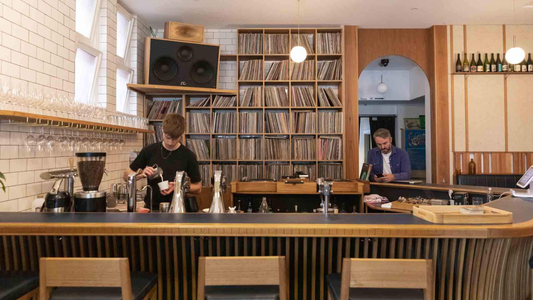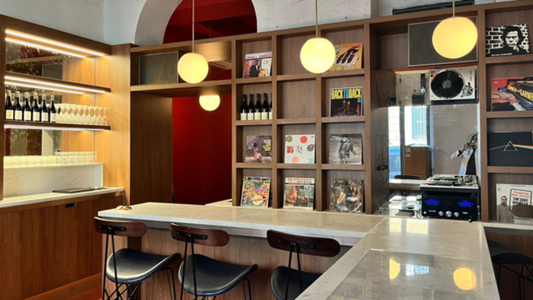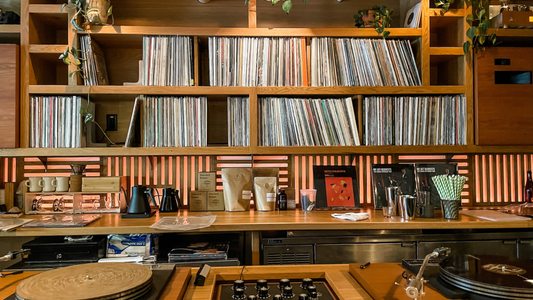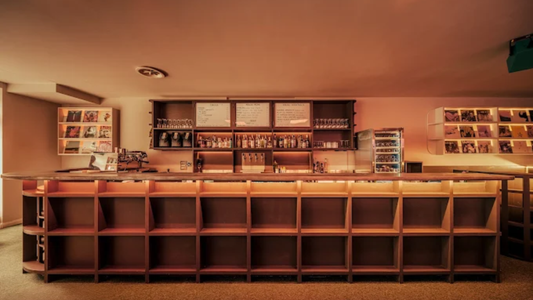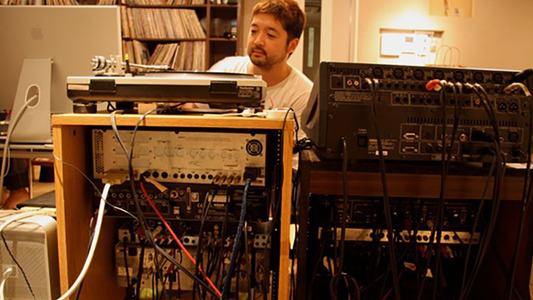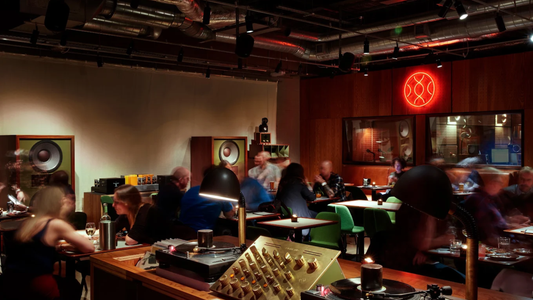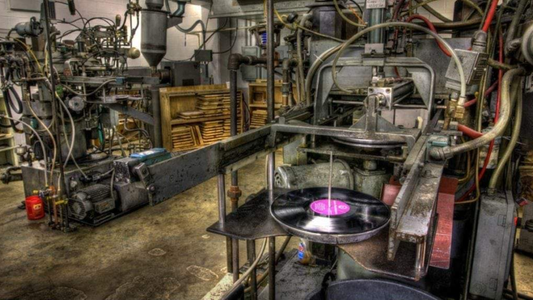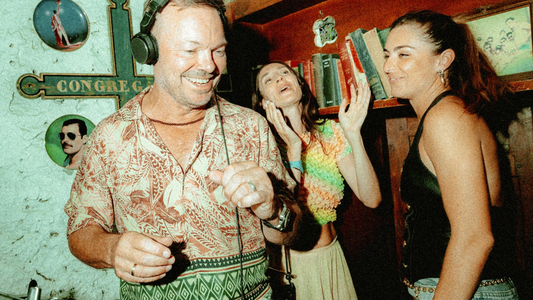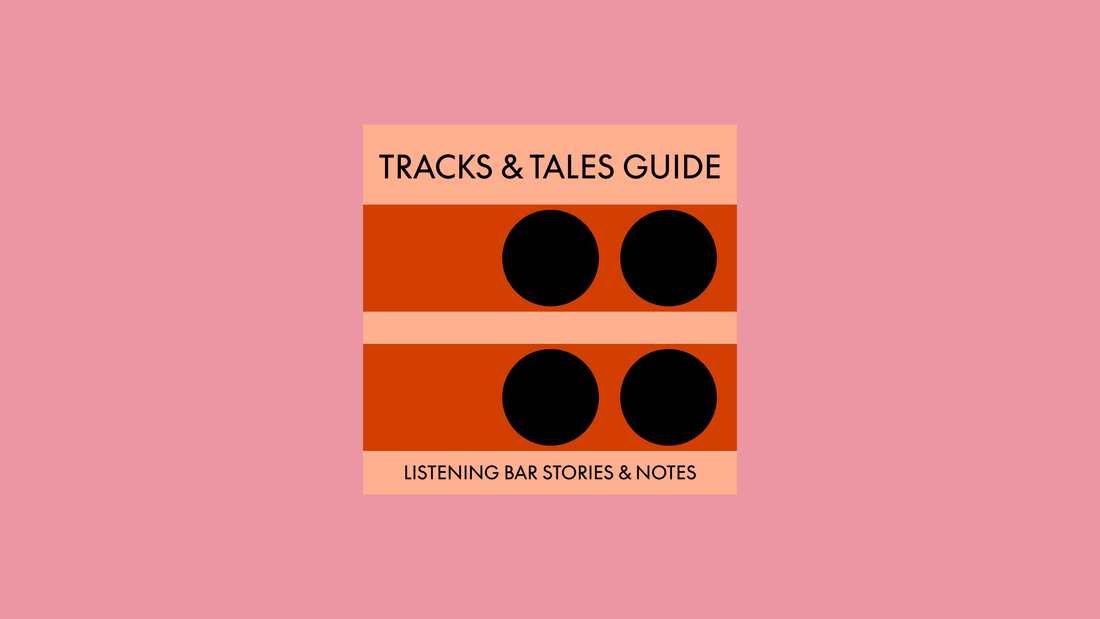
The Culture of Slowness
Why slow listening sits at the heart of modern culture’s quiet rebellion.
By Rafi Mercer
Everything around us asks for speed. We scroll faster, skip sooner, stream endlessly. Music, once ritual, has become ambient noise — something to fill gaps, not define them. But somewhere between the turntable and the whisky glass, a counter-movement began. Listening bars were the first visible signs: places built not for rush but for return.
Slow listening is not nostalgia. It’s a recalibration — a choice to live, work, and create at a human tempo.
The pillars of a slow listening culture:
- Patience — hearing music in full, not in fragments.
- Presence — the ability to stay with a single piece without distraction.
- Texture — the appreciation of sound as material, not data.
- Timefulness — letting duration become part of pleasure.
- Connection — listening as an act of shared calm, not competition.
In a listening bar, time stretches. You can feel it in the lighting, the service, the stillness between tracks. No rush to refill the glass, no pressure to move on. The space itself enforces slowness, and in that slowness, sound regains its depth.
This movement isn’t limited to music. Across culture, we’re seeing the same desire: slow food, slow travel, slow design. Each resists the acceleration of everything — an insistence that attention, care, and rhythm matter. Listening fits perfectly into this landscape. It’s slow culture in its purest form: measured, mindful, immersive.
Slowness also invites intimacy. The more we slow down, the more we notice — the air in a horn note, the hiss of the stylus, the way silence folds between phrases. Those details become nourishment, subtle but sustaining.
And slowness doesn’t mean stillness. It means precision. It means doing fewer things, better. For musicians, it’s crafting albums meant to be heard in sequence. For listeners, it’s reclaiming the patience to follow them through.
The culture of slowness isn’t a retreat from modernity; it’s a refinement of it. It asks us to experience time again — not as a commodity but as a landscape. And within that landscape, the listening bar stands as both symbol and sanctuary: proof that the future may, at last, move at the speed of sound.
Quick Questions
Why is slow listening important today?
Because it restores depth and focus in a world addicted to speed and distraction.
Isn’t slow just another trend?
No. It’s a corrective — a movement rooted in attention, not aesthetics.
How can I practise it?
Play one record, start to finish, with nothing else competing for your attention.
Rafi Mercer writes about the spaces where music matters.
For more stories from Tracks & Tales, subscribe, or click here to read more.
